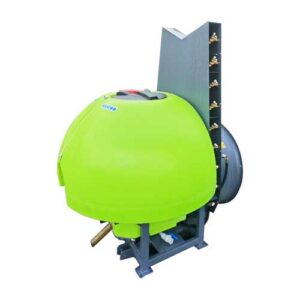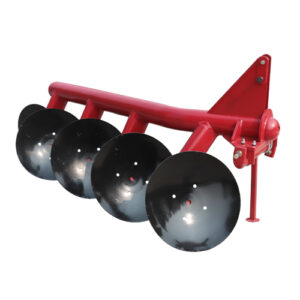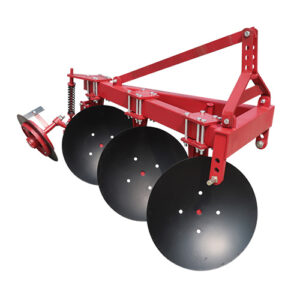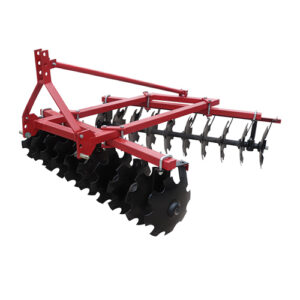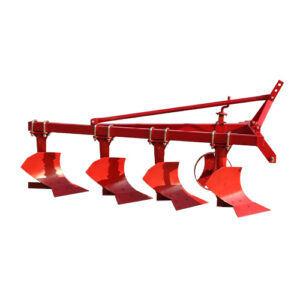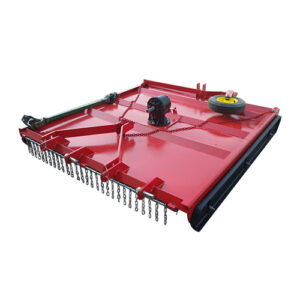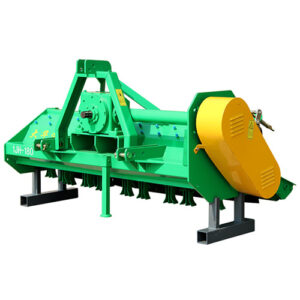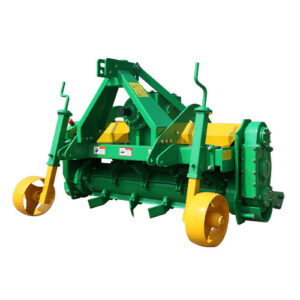Welcome to My Blog!
Before we dive into the content, I’d love for you to join me on my social media platforms where I share more insights, engage with the community, and post updates. Here’s how you can connect with me:
Facebook:https://www.facebook.com/profile.php?id=100092064188332
LinkedIn:https://www.linkedin.com/showcase/99315626/admin/dashboard/
YouTube:https:/www.youtube.com/@user-uy6lq2nu1z
Now, let’s get started on our journey together. I hope you find the content here insightful, engaging, and valuable.
Introduction
In modern farming, efficiency and precision are essential for achieving optimal crop yields and reducing costs. One of the key tools that help farmers achieve these goals is the sprayer pump for agriculture. This equipment plays a crucial role in applying fertilizers, pesticides, herbicides, and other solutions in a controlled and efficient manner. In this article, we will explore the top benefits of using a sprayer pump for agriculture, how it enhances productivity, and why it is a must-have tool for farmers today.
The Importance of a Sprayer Pump for Agriculture
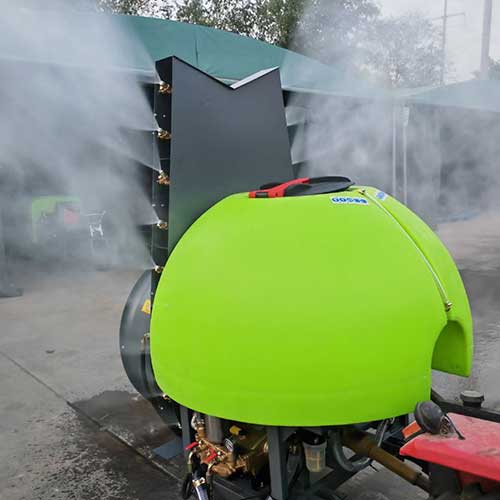
A sprayer pump for agriculture is designed to distribute liquid solutions evenly across large areas of crops. The precision and efficiency offered by this equipment are vital for improving crop health and maximizing yields. Whether it’s used for applying fertilizers, pesticides, or herbicides, a sprayer pump ensures that the necessary solutions are delivered in the right amounts, reducing waste and increasing productivity.
What is a Sprayer Pump for Agriculture?
A sprayer pump for agriculture is a mechanical device used to move liquid from a tank through a nozzle, which distributes the liquid evenly over crops. These pumps are essential for farmers who want to cover large areas efficiently, ensuring that their crops receive the proper nutrients or protection from pests and diseases.
Types of Sprayer Pumps for Agriculture
There are several types of sprayer pumps available, each suited for different farming applications:
- Centrifugal Pumps: Known for their high flow rates, centrifugal pumps are ideal for large-scale operations.
- Diaphragm Pumps: These pumps are best for high-pressure applications and handling abrasive chemicals.
- Piston Pumps: Perfect for low-volume, high-pressure applications, often used in orchards and vineyards.
- Roller Pumps: Versatile and commonly used for low-to-medium pressure spraying.
How a Sprayer Pump for Agriculture Improves Productivity
One of the main reasons farmers invest in sprayer pumps for agriculture is the ability to boost productivity. These pumps allow for faster and more efficient application of chemicals, reducing the time spent in the field and ensuring crops receive the necessary treatments when needed.
Time-Saving Benefits
A sprayer pump enables farmers to cover larger areas in a shorter time. Compared to manual spraying methods, a sprayer pump can significantly cut down the time it takes to apply fertilizers or pesticides across a field. This is particularly beneficial for large-scale farming operations where time is a critical factor in maintaining crop health.
Precision in Application
One of the most significant advantages of using a sprayer pump for agriculture is the precision with which it applies solutions. This ensures that crops receive the right amount of treatment, preventing over-application or under-application, both of which can harm crop yields. Precision in application also helps to reduce the waste of expensive agricultural chemicals.
Key Features to Look for in a Sprayer Pump for Agriculture
When selecting a sprayer pump for agriculture, it’s essential to consider the key features that will make it most effective for your farming needs. Understanding the specifications of each type of pump will help you make the best decision for your crops and budget.
Power and Flow Rate
The power of the sprayer pump determines how efficiently it can distribute liquid across your crops. Higher power means the pump can handle larger areas and higher pressures, which is essential for covering large fields. The flow rate is another critical feature, as it dictates how much liquid the pump can move in a given period.
Matching Flow Rate to Crop Type
Different crops require varying amounts of water or chemicals. Matching the flow rate of your sprayer pump to your crop type ensures efficient application without over-spraying or under-spraying. For example, row crops may require lower flow rates, while fruit orchards might need higher rates.
Durability and Maintenance
A sprayer pump for agriculture should be durable enough to withstand the harsh conditions of the field. It is important to choose a pump made from high-quality materials that resist corrosion and wear, especially if you are using harsh chemicals. Regular maintenance is also a key factor in extending the life of the pump.
Simple Maintenance Procedures
Most sprayer pumps are designed with maintenance in mind. Ensuring that the pump is easy to clean and that parts like the seals and valves are easy to replace can save significant downtime during the busy farming season. Look for pumps that have easily accessible parts and clear maintenance instructions.
Comparison of Different Sprayer Pumps for Agriculture
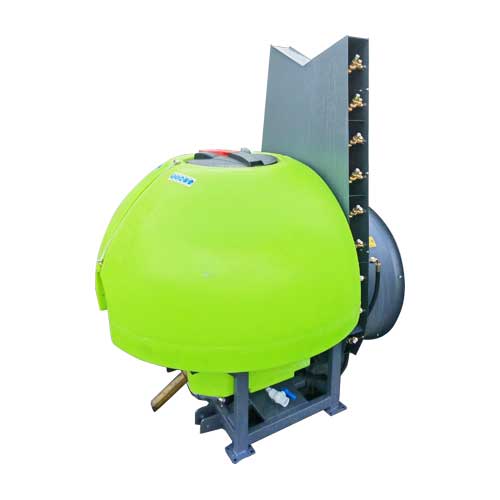
Below is a comparison of different types of sprayer pumps, highlighting their features, best applications, and maintenance needs. This table will help you determine which type of sprayer pump is best suited for your specific agricultural needs.
| Pump Type | Flow Rate (GPM) | Pressure (PSI) | Best Application | Maintenance Needs |
|---|---|---|---|---|
| Centrifugal Pump | 60-120 | 30-80 | Large-scale field applications | Low |
| Diaphragm Pump | 20-60 | 200-500 | High-pressure, abrasive chemical use | Moderate |
| Piston Pump | 10-50 | 200-400 | Orchards, vineyards | High |
| Roller Pump | 15-40 | 50-150 | General-purpose, low-medium pressure | Low |
This table provides an overview of different types of sprayer pumps for agriculture, allowing you to compare their capabilities and determine the best fit for your specific farm operations.
Conclusion
A sprayer pump for agriculture is an essential tool that significantly improves the efficiency and effectiveness of crop management. From saving time and labor to ensuring the precise application of agricultural chemicals, these pumps are invaluable for modern farmers. By selecting the right type of sprayer pump and maintaining it properly, farmers can maximize their crop yields while minimizing waste and operational costs. Whether you’re managing a small farm or a large-scale agricultural operation, investing in a high-quality sprayer pump can make a substantial difference in your productivity and profitability.
FAQ
What are the different types of sprayer pumps for agriculture?
There are several types of sprayer pumps commonly used in agriculture, including centrifugal pumps, diaphragm pumps, piston pumps, and roller pumps. Each type is suited to different applications depending on factors such as flow rate, pressure, and the type of chemicals being used.
How does a sprayer pump for agriculture improve efficiency?
A sprayer pump for agriculture improves efficiency by allowing farmers to apply fertilizers, pesticides, and herbicides evenly across large areas of crops in less time. The precision offered by the pump also reduces waste and ensures that crops receive the right amount of treatment.
How do I maintain a sprayer pump for agriculture?
To maintain a sprayer pump for agriculture, it’s important to clean it regularly, check for worn-out parts, and replace seals and valves as needed. Regular maintenance ensures that the pump operates efficiently and lasts longer, reducing downtime and repair costs.
What factors should I consider when choosing a sprayer pump for agriculture?
When choosing a sprayer pump for agriculture, consider factors such as the pump’s flow rate, pressure capabilities, durability, and ease of maintenance. Matching the pump’s specifications to your specific crop type and field size will ensure optimal performance.
Can a sprayer pump handle different types of chemicals?
Yes, most sprayer pumps are designed to handle various types of chemicals used in agriculture, including fertilizers, pesticides, and herbicides. However, some pumps are better suited for handling abrasive or corrosive chemicals, such as diaphragm or piston pumps.
Is a centrifugal pump suitable for small farms?
A centrifugal pump is typically better suited for large-scale farming operations due to its high flow rate and ability to cover extensive areas. For smaller farms, a roller or piston pump may be more appropriate due to their lower flow rates and ease of use.
What are the benefits of using a diaphragm pump in agriculture?
A diaphragm pump is ideal for high-pressure applications and can handle abrasive chemicals, making it a good choice for farms that use chemicals with particulates or require precise application over large areas.
How long does a sprayer pump for agriculture typically last?
The lifespan of a sprayer pump for agriculture depends on the quality of the pump, the type of chemicals used, and how well it is maintained. With proper maintenance, a high-quality sprayer pump can last for several years, even in demanding conditions.
Are sprayer pumps for agriculture environmentally friendly?
Sprayer pumps can be environmentally friendly when used correctly because they allow for precise application of chemicals, reducing overuse and minimizing runoff into the environment. Proper calibration and maintenance further enhance their eco-friendliness.
How does the pressure of a sprayer pump affect its performance?
The pressure of a sprayer pump affects how far and how evenly the liquid is distributed across the crops. Higher pressure is necessary for larger fields or for reaching the tops of tall crops like fruit trees, while lower pressure works well for smaller or more delicate plants.


